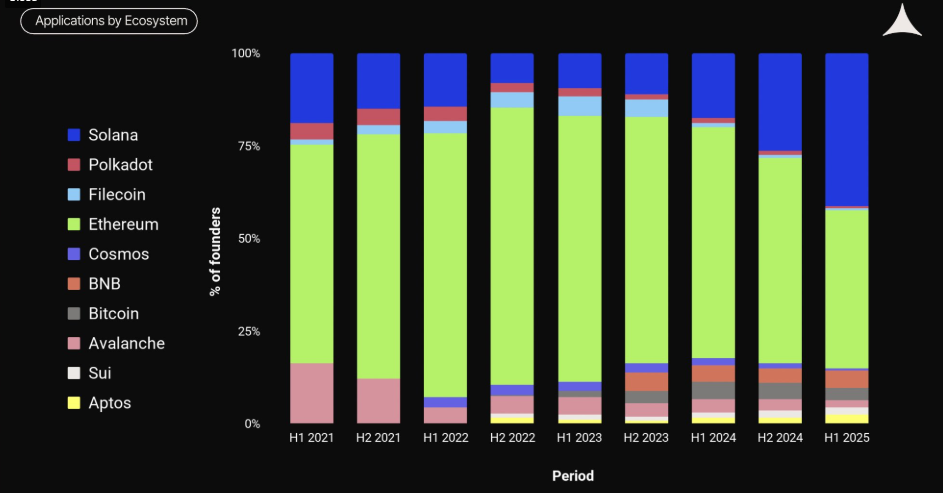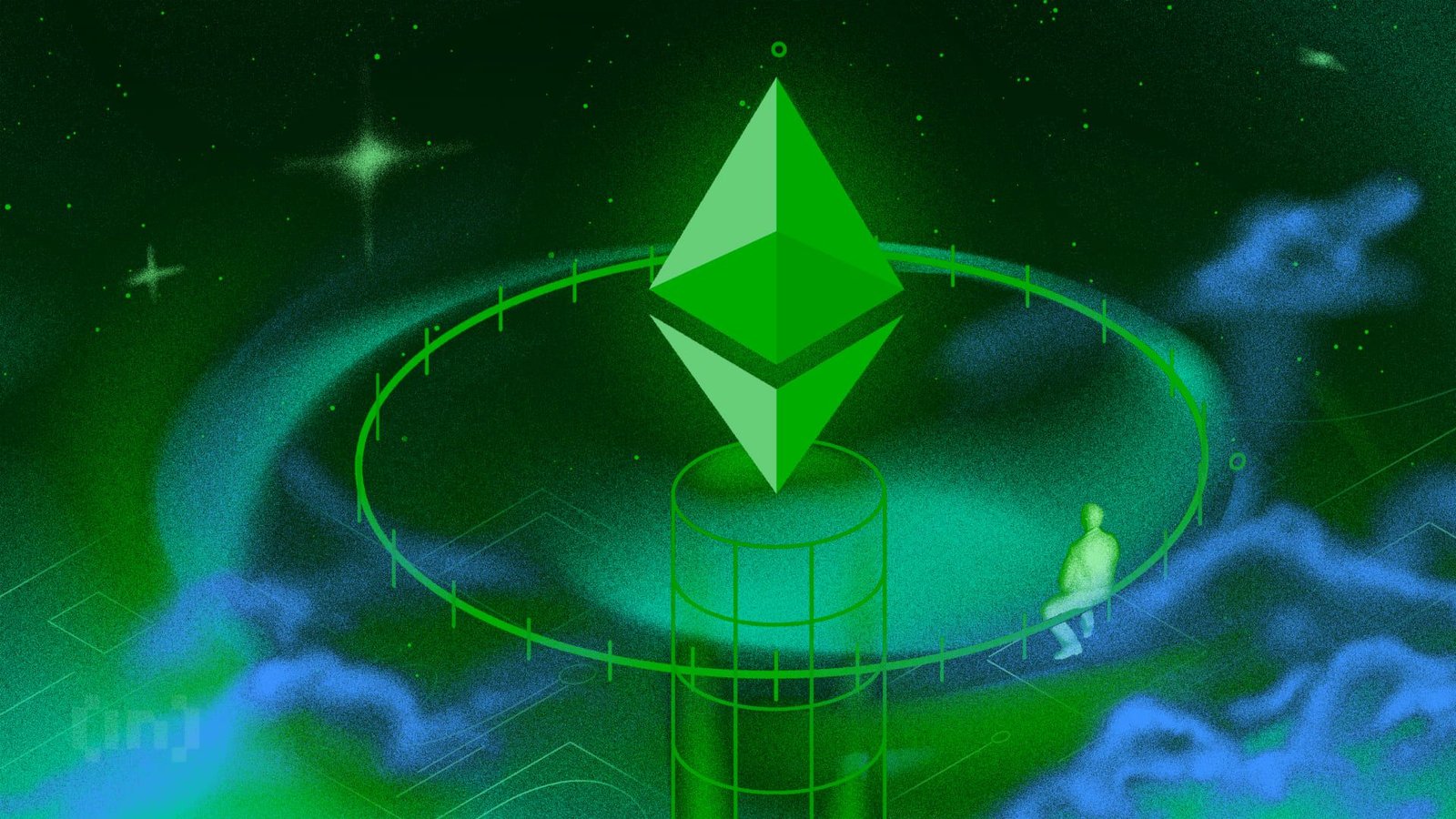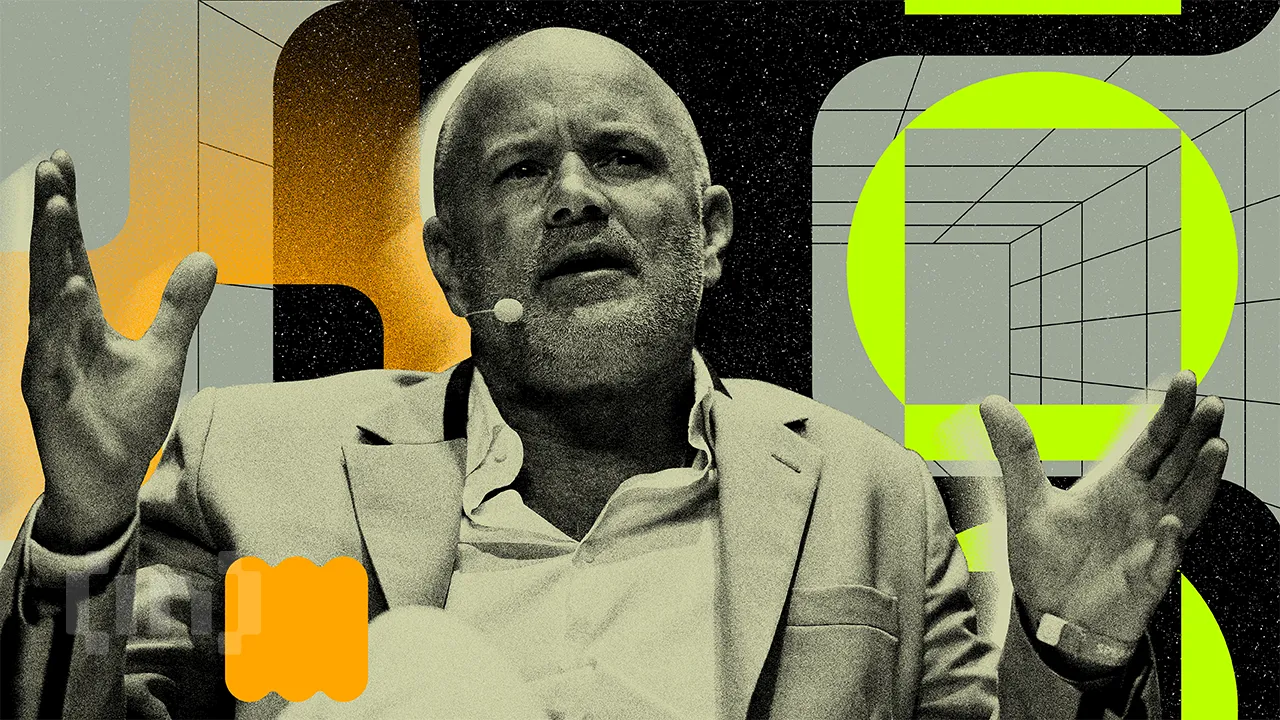The Hackathon Problem
Jacob Franek, co-founder of crypto startup accelerator Alliance, recently raised the alarm. He believes Ethereum is relying too much on hackathons to drive innovation—short events where developers race to build projects for small prize money, often around $5,000.
Franek doesn’t think that’s enough to build serious, long-term companies.
“$5,000 prizes don’t fund world-changing companies,” he said.
“Hackathons might be fun, but they’re not where real products get built.”
While Ethereum leans on events, Solana is offering more structured support for early-stage startups, including funding, mentorship, and tools to grow—something Franek believes is key to attracting serious builders.

Solana Gaining Ground Fast
According to internal numbers from Alliance, developer interest in Solana has skyrocketed. Back in 2021, around 50% of startup teams were focused on Ethereum, and only 10% were building on Solana.
Fast forward to today, and things have changed. Solana now attracts about 35% of new developer applications, while Ethereum has slipped to around 30%.
To add to that, Solana recently overtook Ethereum in staking market cap—a sign that more users are locking up their tokens on the Solana network, reflecting growing confidence.
Ethereum’s Identity Crisis
Part of the problem, critics say, is that Ethereum no longer has a clear identity. It started as the “world computer” for Web3 apps, but now it’s often promoted as a “deflationary store of value,” more like Bitcoin. Meanwhile, Solana has stayed focused on speed, simplicity, and mobile-first design—an approach that appeals to new builders and users alike.
Franek suggests that Ethereum needs to rethink its strategy. Instead of spending so much on research and complex upgrades, he believes the community should shift money into supporting real builders—with accelerators, incubators, and hands-on help.
He also pointed out that Ethereum’s Layer 2 solutions—meant to improve speed and scalability—are too confusing for most people.
“If an app is even a little bit easier to use, people will pick it 99 times out of 100,” he said.
What Happens Next?
Ethereum isn’t in danger of disappearing, but it is at a crossroads. If it wants to keep attracting the best talent, it may need to change how it helps developers succeed—especially as Solana keeps gaining momentum.





